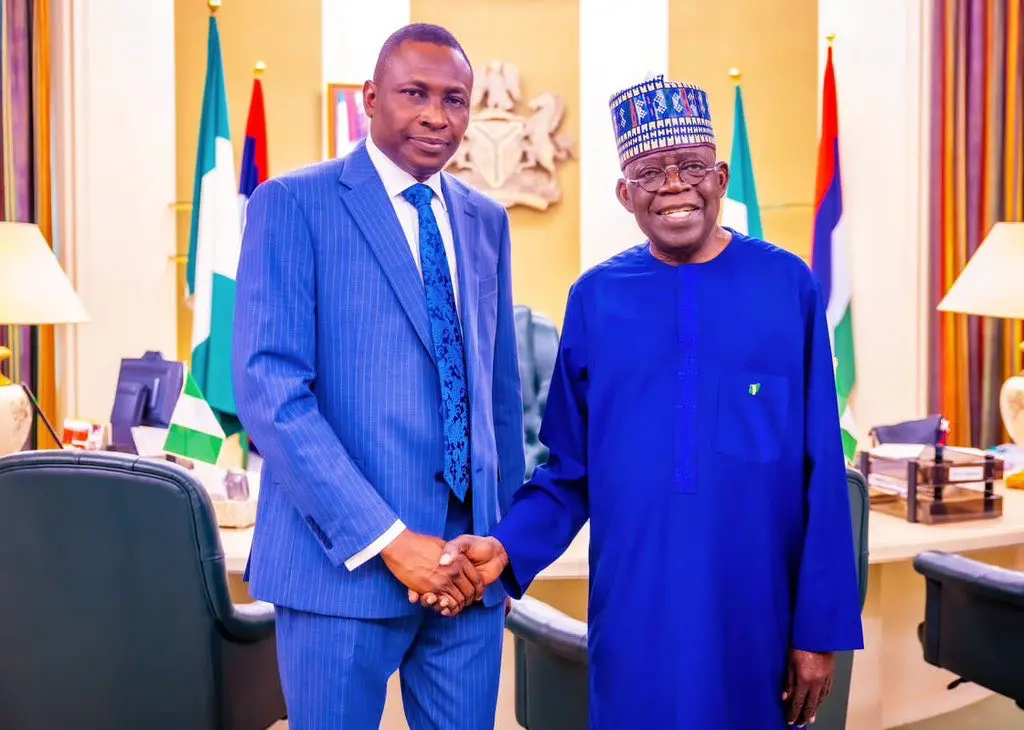Chairman of the Economic and Financial Crimes Commission (EFCC), Olu Olukoyede, says corruption continues to be a major issue in Nigeria, as the misappropriation of public resources at all governmental levels remains a serious problem.
Speaking at the Agora Policy Conversation in Abuja about the current state of anti-corruption policies and practices in Nigeria, Olukoyede said that while there have been notable achievements in the fight against corruption since the advent of democratic governance in the country, it persists.
One challenge he highlighted is public cynicism, which significantly diminishes the morale of anti-corruption officials. Other challenges include the security of tenure for heads of anti-corruption agencies, which affects their independence; insufficient prosecution of high-profile corruption cases; and the failure to sustain accountability reforms in the public sector, among other issues.
“We are unlikely to achieve the desired impact unless these challenges are tackled.”
“We should also consider the ease with which public officials can misappropriate large amounts from the public without any warning mechanisms,” he added.

The EFCC chairman also suggested that Nigeria may need to create its own bespoke strategies to combat corruption rather than simply adopting methods from other countries.
“Throughout the years, we have concentrated on borrowing best practices from others, but the real solutions to our corruption issues lie in modifying approaches based on our unique circumstances.”
Olukoyede said that the work of the EFCC has not only targeted corruption but that the funds recovered through this fight have aided in boosting the economy and supporting essential social investment programs.
He added that the government has partially utilised these funds to back student loans and consumer credit initiatives, which, according to him, could help mitigate tendencies toward criminal behaviour among vulnerable citizens.


